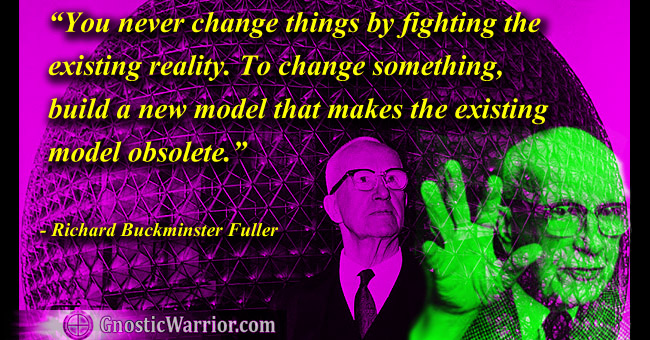On the dead soil of the long by-gone past stand their sacred oaks, now dried up and stripped of their spiritual meaning by the venomous breath of materialism. But for the student of occult learning, their vegetation is still as verdant and luxuriant, and as full of deep and sacred truths, as at that hour when the arch-druid performed his magical cures, and waving the branch of mistletoe, severed with his golden sickle the green bough from its mother oak-tree. Magic is as old as man. It is
Page 19
As impossible to name the time when it sprang into existence as to indicate on what day the first man himself was born.Whenever a writer has started with the idea of connecting its first foundation in a country with some historical character, further research has proved his views groundless. Odin, the Scandinavian priest and monarch, was thought by many to have originated the practice of magic some seventy years B.C. But it was easily demonstrated that the mysterious rites of the priestesses called Voilers, Valas, were greatly anterior to his age. Some modern authors were bent on proving that Zoroaster was the founder of magic, because he was the founder of the Magian religion. Ammianus Marcellinus, Arnobius, Pliny, and other ancient historians demonstrated conclusively that he was but a reformer of Magic as practiced by the Chaldeans and Egyptians.
The greatest teachers of divinity agree that nearly all ancient books were written symbolically and in a language intelligible only to the initiated. The biographical sketch of Apollonius of Tyana affords an example. As every Kabalist knows, it embraces the whole of the Hermetic philosophy, being a counterpart in many respects of the traditions left us of King Solomon. It reads like a fairy story, but, as in the case of the latter, sometimes facts and historical events are presented to the world under the colors of a fiction. The journey to India represents allegorically the trials of a neophyte. His long discourses with the Brahmans, their sage advice, and the dialogues with the Corinthian Menippus would, if interpreted, give the esoteric catechism. His visit to the empire of the wise men, and interview with their king Hiarchas, the oracle of Amphiaraus, explain symbolically many of the secret dogmas of Hermes. They would disclose, if understood, some of the most important secrets of nature. Eliphas Levi points out the great resemblance which exists between King Hiarchas and the fabulous Hiram, of whom Solomon procured the cedars of Lebanon and the gold of Ophir.
We would like to know whether modern Masons, even “Grand Lecturers” and the most intelligent craftsmen belonging to important lodges, understand who the Hiram is whose death they combine together to avenge?
Putting aside the purely metaphysical teachings of the Kabala, if one would devote himself but to physical occultism, to the so-called branch of therapeutics, the results might benefit some of our modern sciences; such as chemistry and medicine. Says Professor Draper: “Sometimes, not
Page 20
without surprise, we meet with ideas which we flatter ourselves originated in our own times.” This remark, uttered in relation to the scientific writings of the Saracens, would apply still better to the more secret Treatises of the ancients. Modern medicine, while it has gained largely in anatomy, physiology, and pathology, and even in therapeutics, has lost immensely by its narrowness of spirit, its rigid materialism, its sectarian dogmatism. One school in its purblindness sternly ignores whatever is developed by other schools; and all unite in ignoring every grand conception of man or nature, developed by Mesmerism, or by American experiments on the brain — every principle which does not conform to a stolid materialism. It would require a convocation of the hostile physicians of the several different schools to bring together what is now known of medical science, and it too often happens that after the best practitioners have vainly exhausted their art upon a patient, a mesmerist or a “healing medium” will effect a cure!
The explorers of old medical literature, from the time of Hippocrates to that of Paracelsus and Van Helmont, will find a vast number of well-attested physiological and psychological facts and of measures or medicines for healing the sick which modern physicians superciliously refuse to employ. Even with respect to surgery, modern practitioners have humbly and publicly confessed the total impossibility of their approximating to anything like the marvellous skill displayed in the art of bandaging by ancient Egyptians. The many hundred yards of ligature enveloping a mummy from its ears down to every separate toe, were studied by the chief surgical operators in Paris, and, notwithstanding that the models were before their eyes, they were unable to accomplish anything like it.

Moe is the founder of GnosticWarrior.com. He is a father, husband, author, martial arts black belt, and an expert in Gnosticism, the occult, and esotericism.

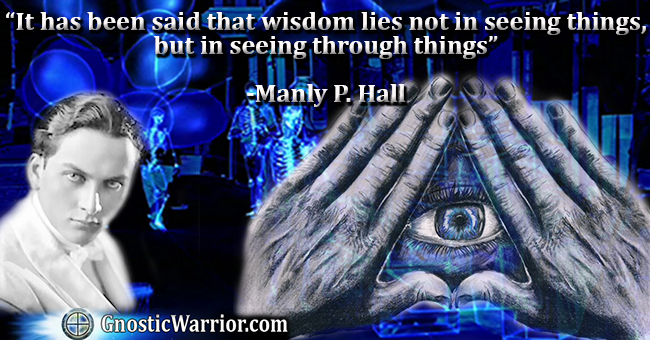
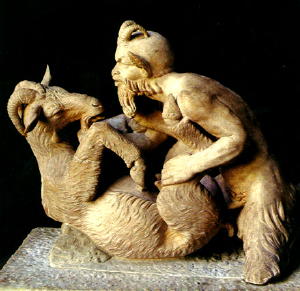

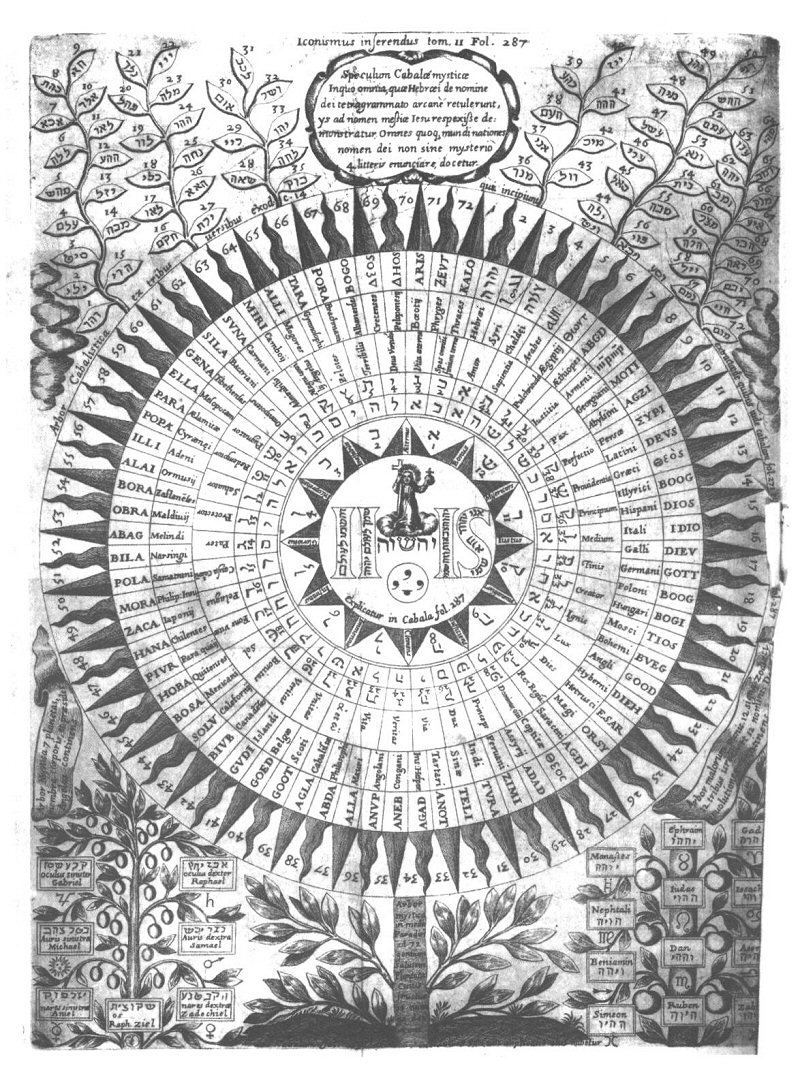
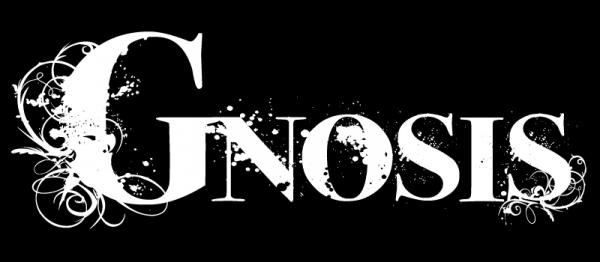
![How one in the province of the Northumbrians, rose from the dead, and related many things which he had seen, some to be greatly dreaded and some to be desired [Circ. 696 A.D.] | Book 5 | Chapter 11 How one in the province of the Northumbrians, rose from the dead, and related many things which he had seen, some to be greatly dreaded and some to be desired [Circ. 696 A.D.] | Book 5 | Chapter 11](https://www.gnosticwarrior.com/wp-content/plugins/contextual-related-posts/default.png)
